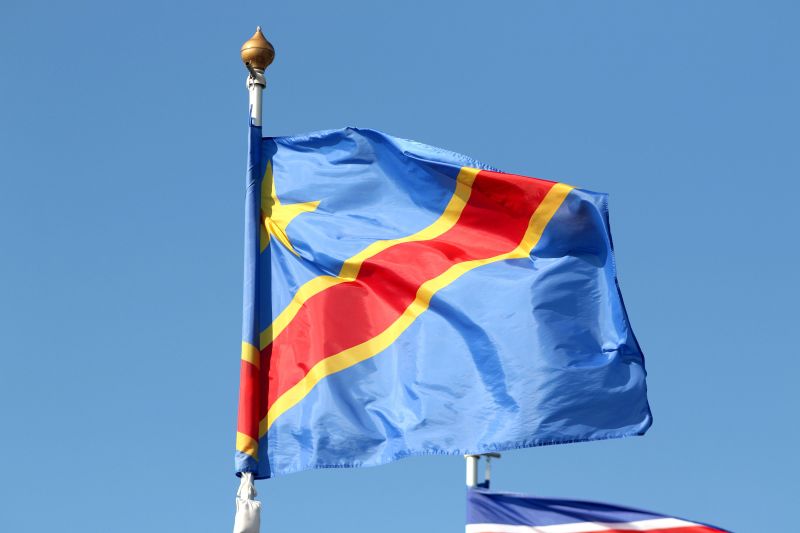Some 102 men were executed by the Congolese government in the past week, and 70 more are set to be executed, the country’s minister of justice said Sunday in a statement to the Associated Press.
It said the men, aged 18 to 35, were armed robbers and “urban bandits,” locally known as Kulunas, who were executed in northwest Congo at Angenga prison. Forty-five were killed in late December, and the remaining 57 were executed within the last 48 hours.
A flight of 70 more people from Kinshasa has arrived at Angenga, but the government hasn’t commented on the status of the prisoners.
Minister of Justice Mutamba, who is overseeing the executions, said late Sunday the “third batch will be executed, so the first two have already undergone the measure of execution by the death penalty.”
The government’s decision to apply the death penalty has proved divisive. Some have welcomed the measure as a means of restoring order and security in the cities, while others are concerned about the risks of abuse and human rights violations.
“We welcome this decision by the minister because it will help put an end to urban crime. From 8 p.m. onwards, you can’t move around freely because you’re afraid of running into a Kuluna,” said Fiston Kakule, a resident of the eastern city of Goma.
Espoir Muhinuka, a human rights activist, warned of the possibility of extrajudicial executions and called for a strict respect for judicial procedures and fundamental guarantees. He fears that political pressure could lead to unjust convictions and arbitrary executions.
“The situation in the DRC is complex and requires a multidimensional approach. The fight against urban gangs must go hand in hand with efforts to combat poverty, unemployment and social exclusion, which are often contributing factors to crime,” he said.
The death penalty in Congo is a sensitive issue. The country abolished it in 1981, but it was reinstated in 2006. The last execution took place in 2003 but in March 2024, the Congolese government announced the resumption of capital executions, however, the reinstated death penalty was intended to apply to military personnel accused of treason.
In May, eight soldiers were sentenced to death for fleeing the battlefield, and in July, 25 soldiers were convicted of similar offences. None of them is known to have been executed.
